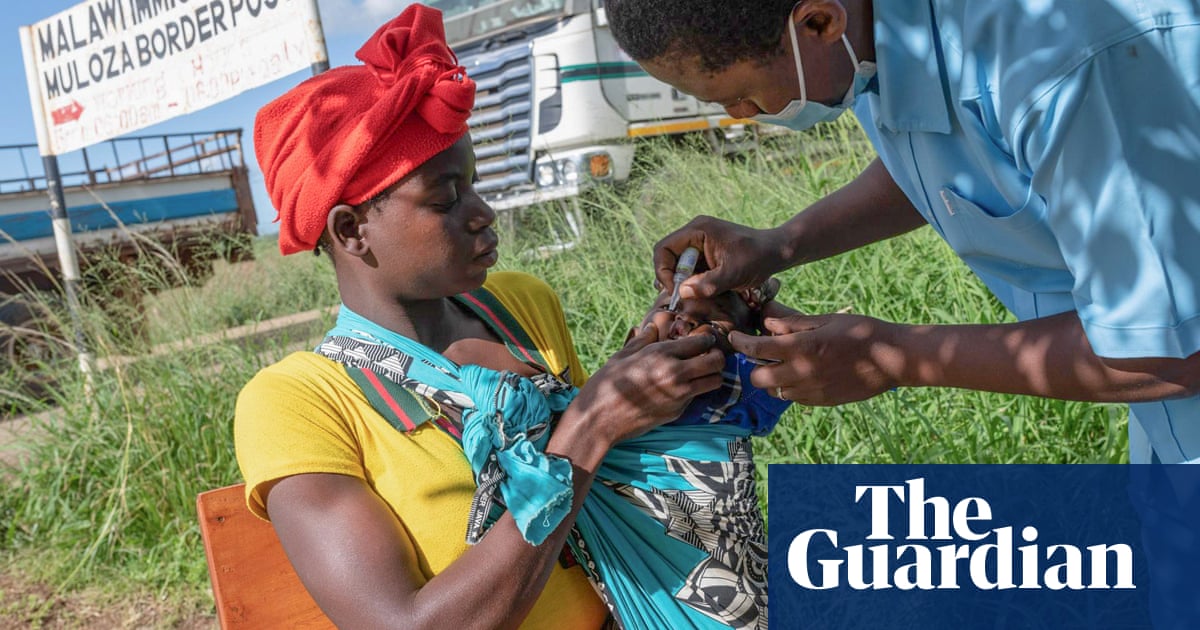Malawi is investigating at least 17 suspected polio cases just as a vaccination campaign is completed with more than 90% of the country’s children inoculated against the virus.
Health authorities fear Cyclone Freddy – the world’s longest-lasting tropical cyclone – which made landfall in March in the southern African nation and led to hundreds of deaths and thousands of displacements – could be a contributing factor.
Arnold Mdalira, a spokesperson for the Zomba district health office in southern Malawi, said on Monday that the results of the investigation will come out in a fortnight. “Zomba is one of the districts affected by Cyclone Freddy, and it destroyed toilets and other sanitation facilities,” he said in a radio interview. The development could pose danger to children, especially newborns, he added.
Malawi has been vaccinating children since last year following a recorded first case of the wild polio in 30 years, and the first in Africa since the region was certified free of indigenous wild polio in 2020.
There are three variants of wild or naturally occurring virus, which is the most common type of polio. Two types have been eradicated (WPV2 and WPV3), while WPV1 remains endemic only in Pakistan and Afghanistan. There is also a very rare vaccine-derived poliovirus, which is a variant of the weakened poliovirus initially included in the oral polio vaccine.
A ministry of health spokesperson, Adrian Chikumbe, could not confirm the new cases but said “we do surveillance from time to time” and the “conditions could be due to other factors”.
He added: “Possibly it could be acute flaccid paralysis – after further investigations or laboratory tests we can determine if it’s polio or not, but we have not received those reports.”
He said the ministry has monitored 316 cases of acute flaccid paralysis (AFP) so far this year. AFP is a clinical syndrome covering a collection of symptoms and defined by the acute onset of weakness or paralysis with reduced muscle tone in children. Polio is one of many infectious and non-infectious causes of AFP.
“Any child presenting with acute flaccid paralysis, which could be due to polio or other factors, is picked out and investigated,” said Chikumbe.
He said that a vaccination campaign, which ended last weekend, reached more than 8 million children, representing 90.7% of the country’s under-15s.
Adamson Muula, a professor of public health and epidemiology at Kamuzu University of Health Sciences, said a prompt investigation of the new cases will be vital. “One key issue is to find whether they received the vaccine or not, and that will unlock what’s going on,” he said.


